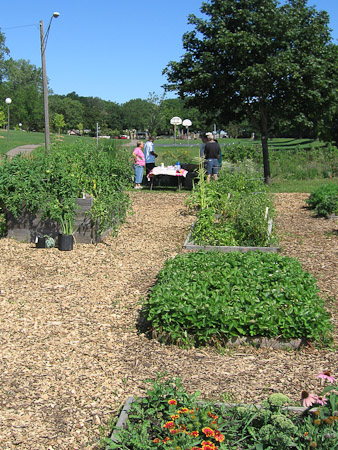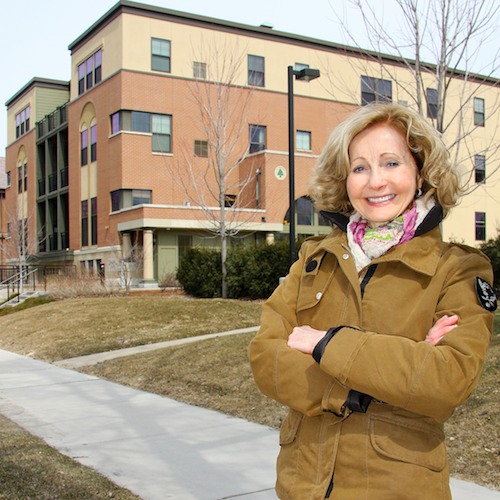Minneapolis Local Food Initiatives

Food is an issue that hits home with everyone. We’ve seen an explosion of urban agriculture activity around the country and Minneapolis is working to stay in the lead.
I have led on this issue. I am a member of the implementation task force for Homegrown Minneapolis, an initiative of the City of Minneapolis to improve the growth, sales, distribution and consumption of healthy, locally grown foods. This initiative partners local government with area businesses, community organizations, and residents to work on the goal of rebuilding a truly local food system.
Why is local food so important? Small farms create local jobs and keep some of the $800 million spent on food each year in our community. Fresh, nutritious food helps to improve the physical health of City residents, while shared food growing in community gardens increases the social connectedness of communities. And of course, local food grown in a sustainable manner reduces chemical and water usage and decreases food transportation costs.
Homegrown Minneapolis has had many achievements:
- 24 non-buildable City-owned lots were identified for community garden plots; there are now approximately 100 community gardens on 18 acres of City land. In the Third Ward, Beltrami became the first neighborhood to get a new community garden. The Kwanzaa community garden was created in the Hawthorne neighborhood.
- An inventory of community kitchens identified 30 kitchens for public use
- Funds were provided to improve Minneapolis Farmers Markets and to create mini-farmers markets (there are now 21 such mini markets)
- Small business training and financing opportunities were created for food entrepreneurs
Critical to the success of every gardener is the work of the powerhouse pollinator — the honeybee. The critical role honeybees play in our food supply cannot be overstated and yet they are facing serious threats to their survival. As a result, I introduced the Honey Bee Ordinance, which passed the City Council, allowing the keeping of bees within City limits.
The Healthy Corner Store Program is a new initiative of the City with the goal of increasing the availability of fresh produce and healthy food in small corner stores in high-poverty areas of the City. By working with store owners and managers, the Department of Health and Family Support identified barriers to stocking and selling fresh produce. The City is now working with 29 stores to provide business development resources, expert assistance and loans.
I have supported and will continue to promote the local food movement both as an economic driver and for its clear benefits to the health of Minneapolis residents.





